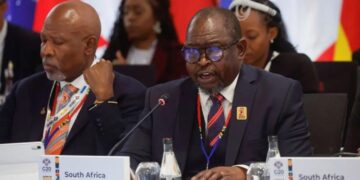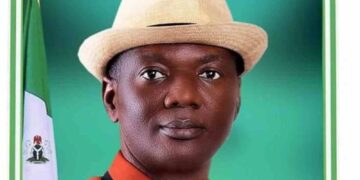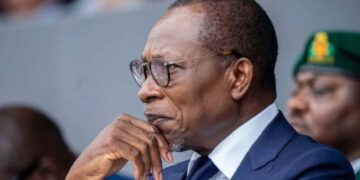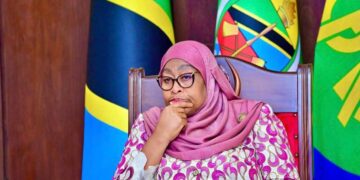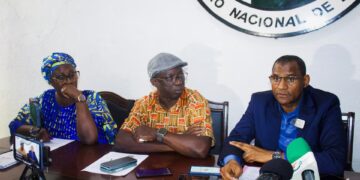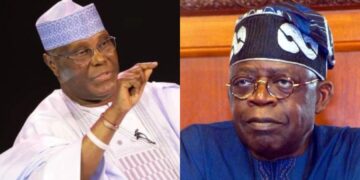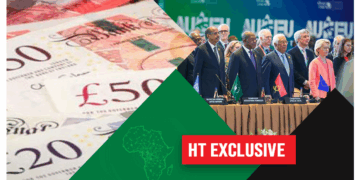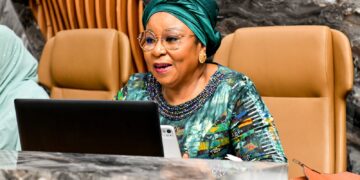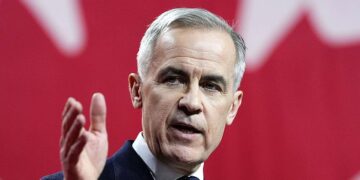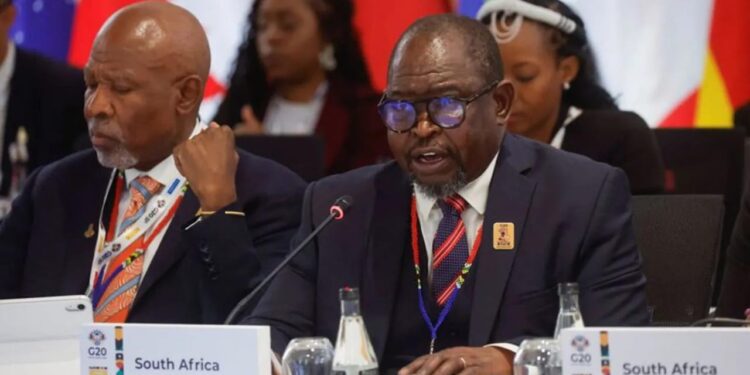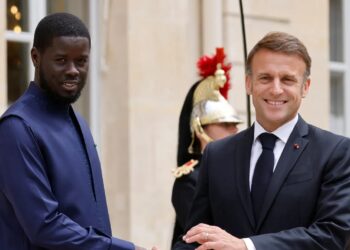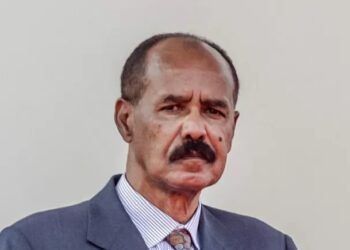By Enyichukwu Enemanna
Finance Ministers of the G-20 countries on Thursday met in South Africa to proffer solutions to barriers associated with trade as well as sweeping tariffs imposed by the US President Donald Trump’s administration.
In his opening remarks, South Africa’s Finance Minister Enoch Godongwana said the G-20 must provide strategic global leadership, cooperation and action in the face of complex challenges.
“We have a critical role to play in revitalising and strengthening multilateralism by fostering inclusive dialogue, reinforcing rules-based cooperation and driving collective action in global challenges that no country can solve alone,” he said.
The G-20, which emerged as a forum for cooperation to combat the 2008 global financial crisis, has for years been mired in disputes among key players. It has however been exacerbated by Russia’s war in Ukraine and Western sanctions on Moscow.
The host South Africa also holds the presidency of the Group. Its motto, “Solidarity, Equality, Sustainability” seeks to promote an African agenda, with topics including the high cost of capital and funding for climate change action.
The South Africa’s finance minister stated, “The need for bold cooperative leadership has never been greater.”
Analysts have however, raised questions on the capacity of the finance chiefs and central bankers meeting in the coastal city of Durban to tackle trade issues and others together.
The G-20 aims to coordinate policies, but its agreements are however, not binding on members.
U.S. Treasury Secretary Scott Bessent will not attend the two-day meeting, his absence for the second time from a G-20 event in South Africa this year.
Bessent also skipped February’s Cape Town meeting, where several officials from China, Japan and Canada were also absent.
A G-20 delegate, who pleaded anonymity said Bessent’s absence was not ideal but that the U.S. was engaging in discussions on trade, the global economy and climate language.
The United States is due to assume the G-20 rotating presidency at the end of the year when South Africa’s tenure will come to an end.
Michael Kaplan, acting undersecretary for international affairs, will represent the United States at the meetings.
Finance ministers from India, France and Russia are also set to miss the Durban meeting.
South Africa’s central bank governor Lesetja Kganyago said that representation was what mattered most.
“What matters is, is there somebody with a mandate sitting behind the flag and are all countries represented with somebody sitting behind the flag?” Reuters quoted Kganyago as saying.
Trump’s tariff policies have significantly affected global trade rule book and clouded the economic outlook.
With baseline levies of 10% on all U.S. imports and targeted rates as high as 50% on steel and aluminium, 25% on autos and potential levies on pharmaceuticals, extra tariffs on more than 20 countries are slated to take effect on August 1.
He had threatened to impose further 10% tariffs on BRICS Nations, of which eight are also G-20 members. This has raised fears of fragmentation within global forums.
